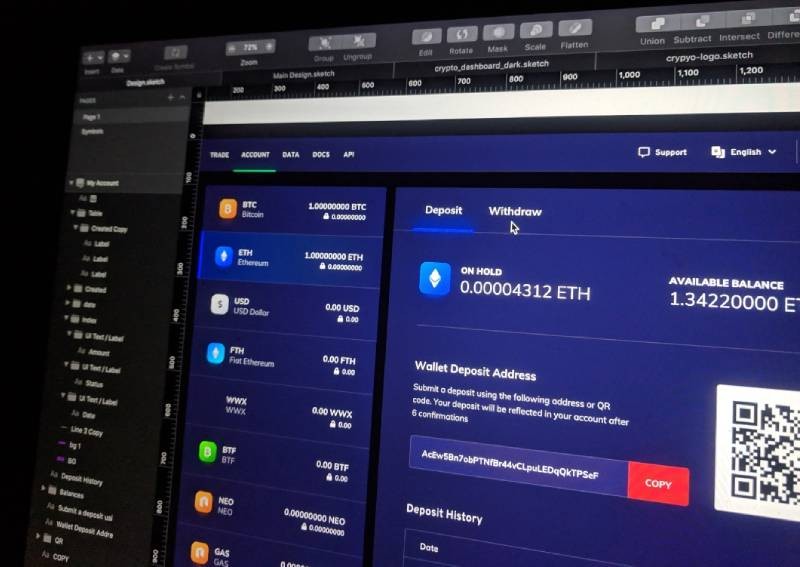Your passport data is going for $13.60 on the dark web


According to a NordVPN study of a dark web marketplace that has illegally sold more than 720K items and data pieces for $17.3M, a Singaporean passport or driving license can be bought for as little as $13.60.
The items from Singaporeans found on the marketplace included passports, personal IDs, driving licenses, email, payment card data, mobile phone numbers, online accounts, bank account logins, crypto accounts, and personal data.
Residents of Malaysia had their passports and IDs going for $13.74 and $12.79 respectively.
But while Singaporean's IDs are worth $13.60, the Singapore Government's attempts to regulate and police payment cards, making a cardholder report the loss or theft of a card in 14 days or the liability falls onto the cardholder, for example, means that a Singaporean's payment card data costs $26.80 which is twice the world's average.
Crypto wallets and investment accounts of Singaporeans cost more than payment processing accounts and even more than some bank accounts.
Despite the Government recommending Singaporeans stay clear of trading in cryptocurrencies, with an average price of $537.70, the most expensive crypto account data is from Binance, followed by Kraken ($522.70) and Crypto.com ($476.40).
A payment processing account (e.g., PayPal) went for an average price of $136.10 by comparison.
On the other end of the scale, online accounts from Twitter were only $3, with Netflix going for $13.60.

"If you know the risks and equip yourself with the right tools and information, you'll maximise your chances of keeping yourself and your family secure," Cybersecurity expert Adrianus Warmenhoven from NordVPN.
Some of his recommendations include:
This article was first published in HardwareZone.